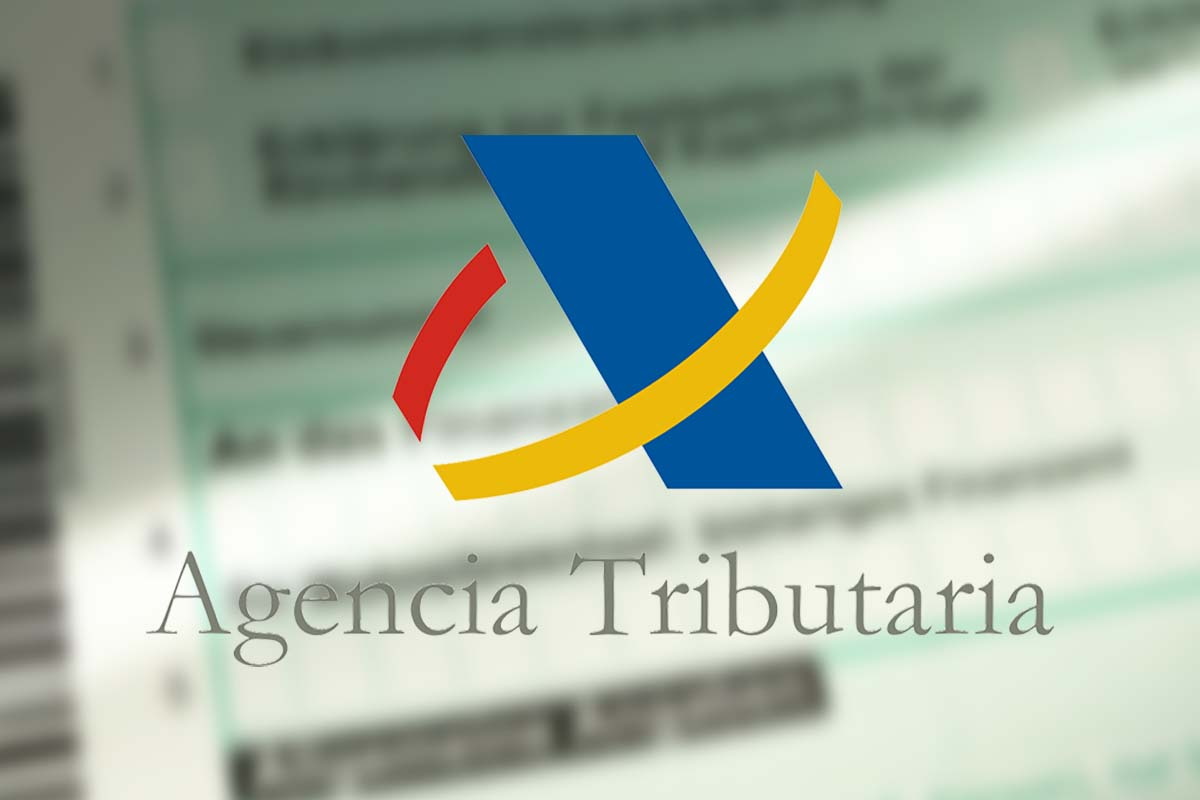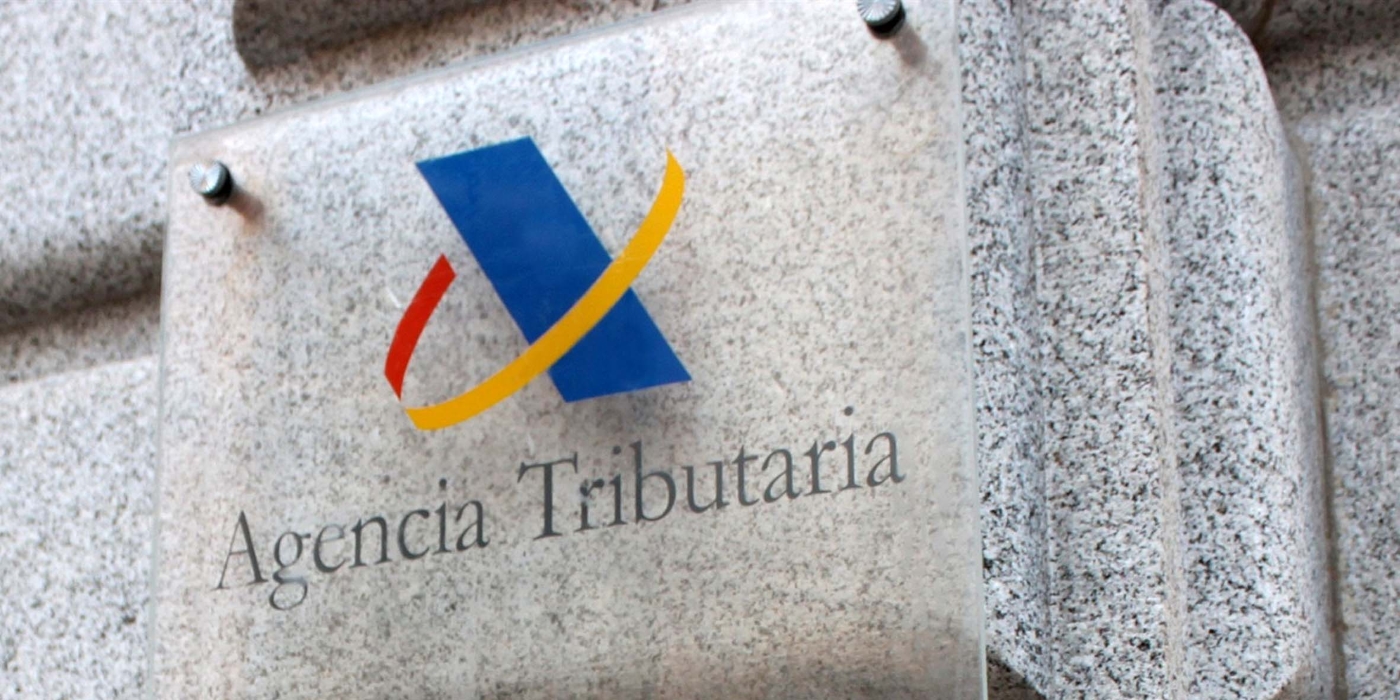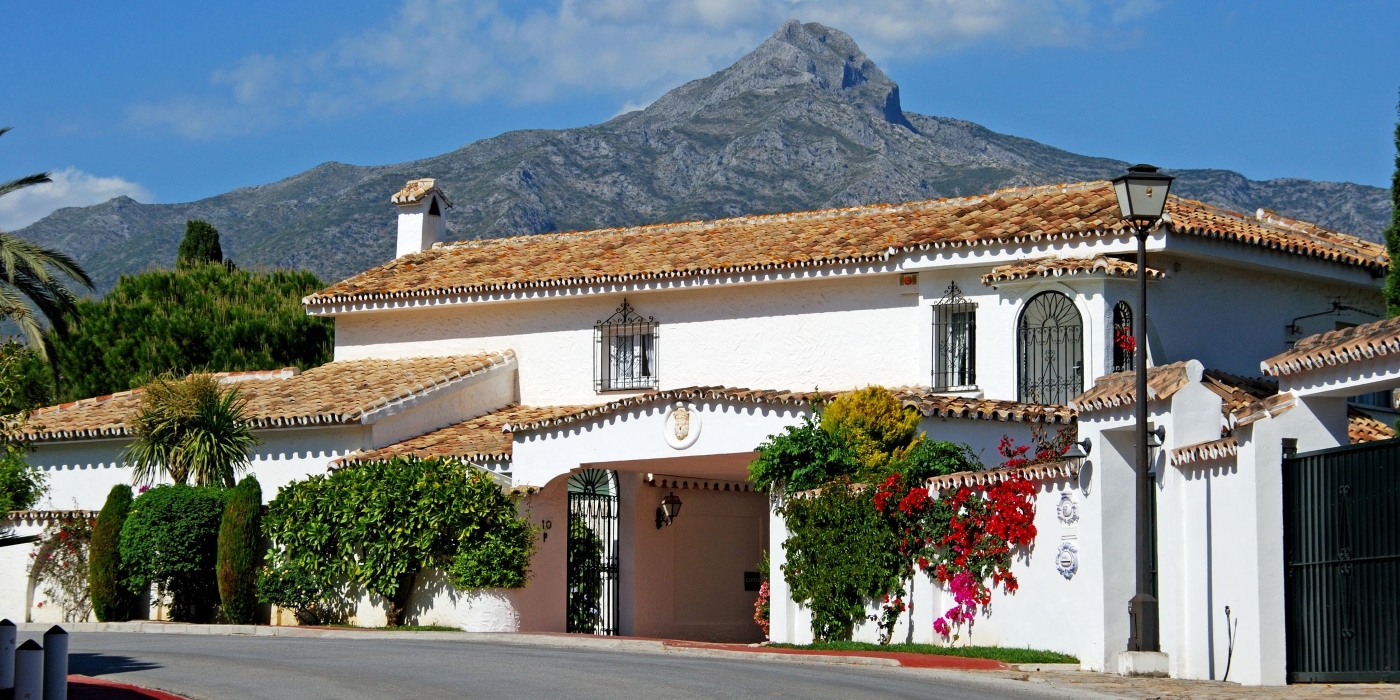Aside from Local (IBI), Capital Gains, Wealth and Inheritance Taxes, non residents must pay tax on any income they receive that arises in Spain. Income tax for non-residents is charged at a fixed rate of 19% if you are a resident in an EU or EEA country For non-residents from the rest of the world, the rate is 24%. This includes a non residents property tax.
Non Residents Property Tax on No Income
If you own a property in Spain and earn rental income from it, then this has to be declared. What some non-resident owners of property in Spain are not aware of, is that they are also required to pay tax, regardless of whether the property is let out or not!
This tax is often referred to as an imputed income tax. Spanish tax legislation for some reason assumes that a non-resident owner derives some sort of benefit from owning property and provides a system to tax it.

Since the introduction of legislation in 2012, (LEY 7/2012, de 29 octubre, de prevención y lucha contra el fraude fiscal), Spain has required all Spanish residents to make an overseas assets declaration, notifying the authorities of the worldwide assets that they own or control.
Under the Law, failure to make an overseas assets declaration, or submission of an inaccurate one, would result in costly penalties. Unreported overseas assets that were later discovered by the authorities, were treated as undeclared income on which tax should have been paid. The fines and penalties for such could amount to more than 150% of the undeclared asset value.
Whilst the law was aimed at deliberate high level tax evaders, the fact it allowed penalties to be imposed simply for non-declaration of overseas assets, meant that expats and other foreigners living in Spain, who are likely to have such assets, could fall foul of this rather intrusive legislation.
Indeed many received harsh penalties, simply for making the declaration late or making a mistake on the form, despite having legitimately acquired their overseas assets BEFORE taking up residency in Spain.
Understanding and planning fiscal residency and Spanish tax is a very important when making the transition to become a resident in Spain. Tax in Spain is very different to the UK, and has become even more complicated since the UK left the EU as the way certain types of income are treated changed.
Here we provide an overview of the tax related requirements and key points that most need to consider when becoming a Spanish resident.
Understanding tax in Spain is essential, not just if you live here, but also if you own a property in Spain.
The Spanish tax year runs from 1st of January to 31st December. Residents have to complete their income tax return, declaracion de la renta, by 30th of June the following year, and non-residents have until 31st December.
Spain has a double taxation treaty with the UK, which means you can avoid getting taxed twice on the same income.
Resident or Non-Resident for Tax in Spain?
You are considered to be tax resident in Spain if any of the following apply:
As of January 1st 2018, significant changes to the inheritance tax allowance in Andalucia, came into effect. These changes affect both expats who reside in the region, and non-residents who own assets such as holiday homes here.
The generous move by the regional Government of Andalucia raises the inheritance tax allowance to 1 million euros, where the heirs receiving the assets of a deceased direct family member, are classified as falling into Kinships Groups I and II, i.e. spouses, children, grandchildren and parents. For this group of beneficiaries, there will be no inheritance tax (Impuesto sobre Sucesiones y Donaciones), when the sum of the assets received does not exceed this new 1 million threshold.





